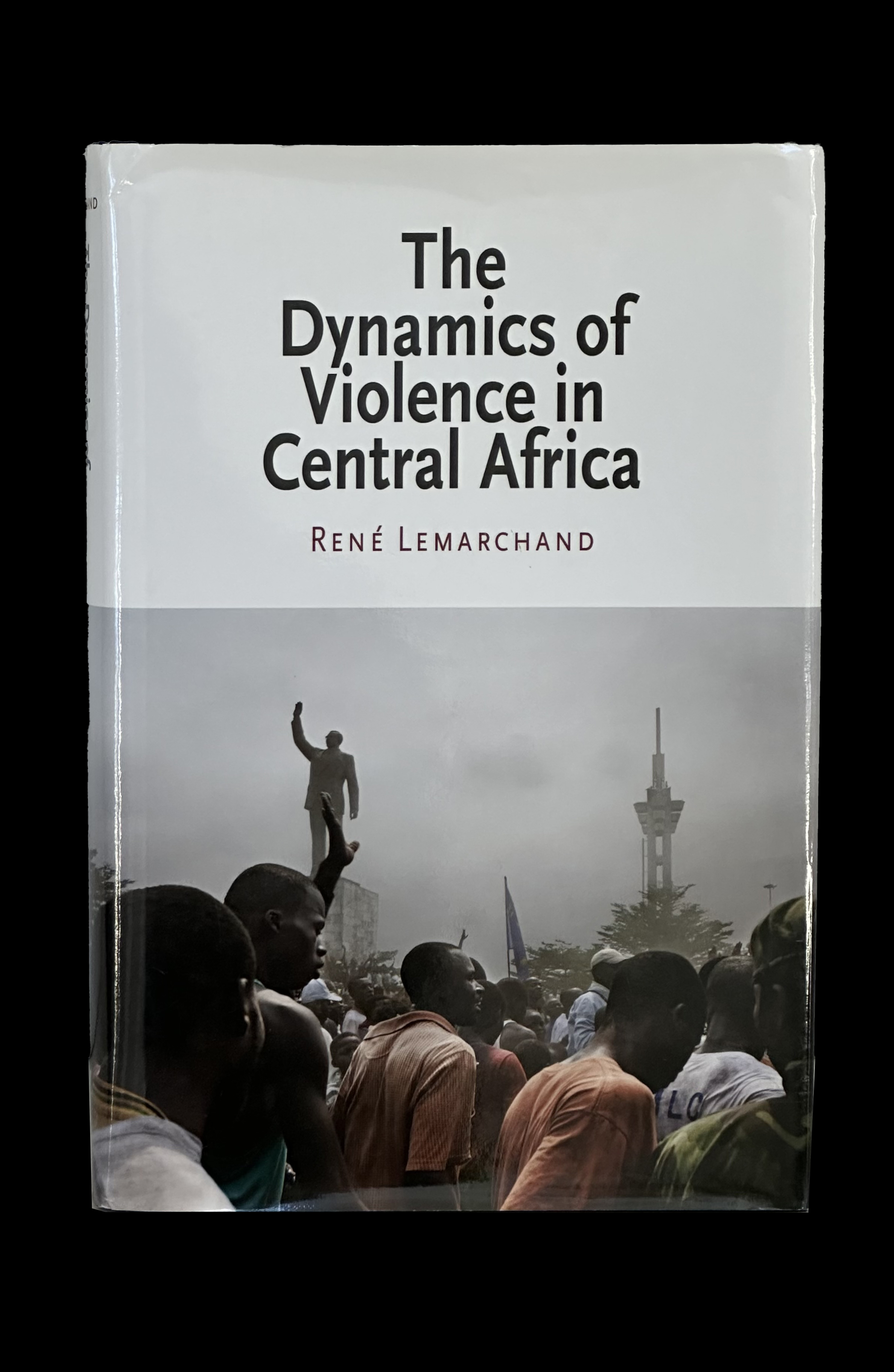
If the fate of the African continent evokes hopelessness, nowhere is this sense of despair more evident than in former Belgian Africa. No other region has experienced a more deadly combination of external aggression, foreign-linked factionalism, interstate violence, factional strife, and ethnic rivalries. Nowhere else in Africa has genocide exacted a more horrendous price in human lives lost, economic and financial resources squandered, and developmental opportunities wasted. The scale of the disaster is in sharp contrast with the polite indifference of the international community in the face of this unprecedented human tragedy.
Ethnicity is the bane of the African continent, while others think that it could provide the basis for a moral social contract and that it contains within itself the seeds of openness and accountability.
So overwhelming is the evidence that points to the demonic face of ethnicity that it is tempting to forget its more benign traits.
Can there be any doubt about the responsibility of the government of the late President Juvénal Habyarimana of Rwanda for what has been described as the biggest genocide of the end of the century? Can one seriously question the active involvement of high-ranking officials, the presidential guard, the local authorities, and the militias in the planning and execution of a carnage that took the lives of an estimated 800,000 people, three fourths of them Tutsi? Would anyone deny the critical role played by the Hutu-controlled media in providing incitements to genocide?
As much as the scale of the killings, the visual impact of the atrocities numbs the mind and makes the quest for rational motives singularly irrelevant. Tribal savagery suggests itself as the most plausible subtext for the scenes of apocalypse captured by television crews and photojournalists.
The Holocaust and the Rwanda genocide are two of the most terrifying and complex catastrophes of the twentieth century.
Few other states in the continent can claim to have emerged from a ten-year civil war under more promising circumstances than Burundi. The transition process, however long and painful, has been exemplary. Beginning with the Arusha agreement of 2000, a constitutional formula was finally worked out whereby the rights of the Tutsi minority could be reconciled with the demands of the Hutu majority.¹ The 2005 legislative and presidential elections went remarkably smoothly, giving birth to a consociational government² headed by a Hutu president, Pierre Nkurunziza, where Hutu and Tutsi held respectively 60 and 40 percent of the ministerial portfolios.
Then there are the chapters on D.R Congo (Zaire).... just read the book!